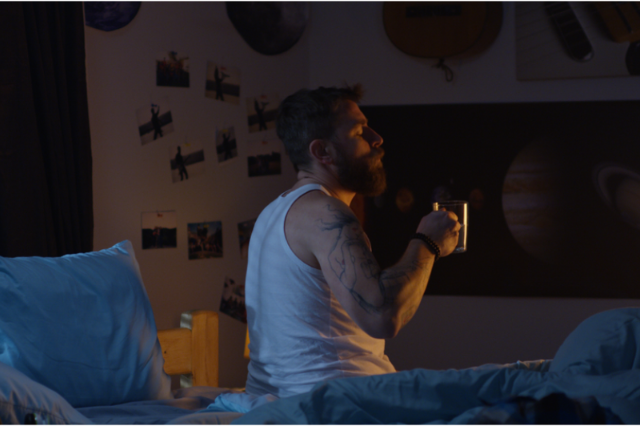Feelings of insecurity are often equated to feelings of inadequacy and lacking self-confidence. Although it often may seem like our partners or friends are the reason for such feelings, these usually originate from our (often negative) inner dialogue.
Insecurity manifests in many different ways and can be difficult to deal with – whether you’re the one who’s feeling insecure or have a close friend or partner who does. To gain a clearer understanding of such feelings, this article explains some of the impacts insecurity can have on your relationships and includes some tips on how to boost your confidence.

Impact on relationships
To understand why it’s important to work on improving your confidence, it’s important to realise how such feelings can negatively impact your relationships, as well as your mental health.
Insecurities exist and appear in many forms, including jealousy, constant fishing for compliments or picking fights. Intrusive thoughts, never feeling like you can fully relax and constantly asking for reassurance and validation can also affect a partnership by creating an imbalance and distance between each other.
Therefore, understanding the source of these actions and feelings is often the first stepping stone to feeling more secure in yourself and your relationships. Knowing what causes these feelings allows you to actively work on them and improve your confidence.
Tips to boost your confidence
Most of us never feel 100% secure in our relationships at all times. The following tips are great for boosting your confidence:
- Reflect on the good things in your life. Acknowledge how far you’ve come and make a list of everything you feel you’re doing right. This can include aspects such as characteristics that you like about yourself and the ones that you are complimented on, e.g. your hospitality, trustworthiness or good listening skills.
- Invest in self-care. Treat yourself from time to time and, more importantly, take the time to care for yourself by listening to your body. For example, if you’re constantly feeling very tired, ensure that you set up a bedtime routine to help you wind down and get to bed earlier.
Paying closer attention to your needs and meeting those needs will make you feel better and more positive about the world around you.
Self-care also includes talking to yourself in a positive and nice way – like you would to a best friend.

- Learn to validate yourself. As much as the validation that comes from others is important, it’s the approval we give ourselves that can really improve our self-esteem.
Self-validation is also great for your confidence, relationships and friendships, as you rely less on others for making yourself feel good.
- Stop overanalysing. Overthinking and analysing every detail or conversation detracts from your being able to enjoy your friend’s and partner’s company. Unfortunately, there is no switch that will automatically make you stop overthinking, so a good first step is noticing how much your thoughts affect your feelings and actions.
You may begin to notice how focusing on negative thoughts can increase levels of anxiety and stress. For this reason, challenge the negative thoughts that enter your mind and attempt to see things from a different point of view. - Communicate. Open up to the people you trust. No matter how strong your connection is with your partner, friends or family, they will not be able to read your mind. You need to learn to communicate openly with them – especially if you need help or need someone to be there for you. By being vulnerable, you can strengthen your relationships.

Dealing with insecurities is never easy and while most of us have some feelings of insecurity, there is no single approach that helps everyone. Identifying the ways in which you can support yourself is an excellent way to boost your confidence and make you feel more secure in your relationships.
If you’re interested in learning more about love and relationships, sign up to the Lovedoc waitlist and be the first to get a sneak peek at the app and hear about launch updates.


